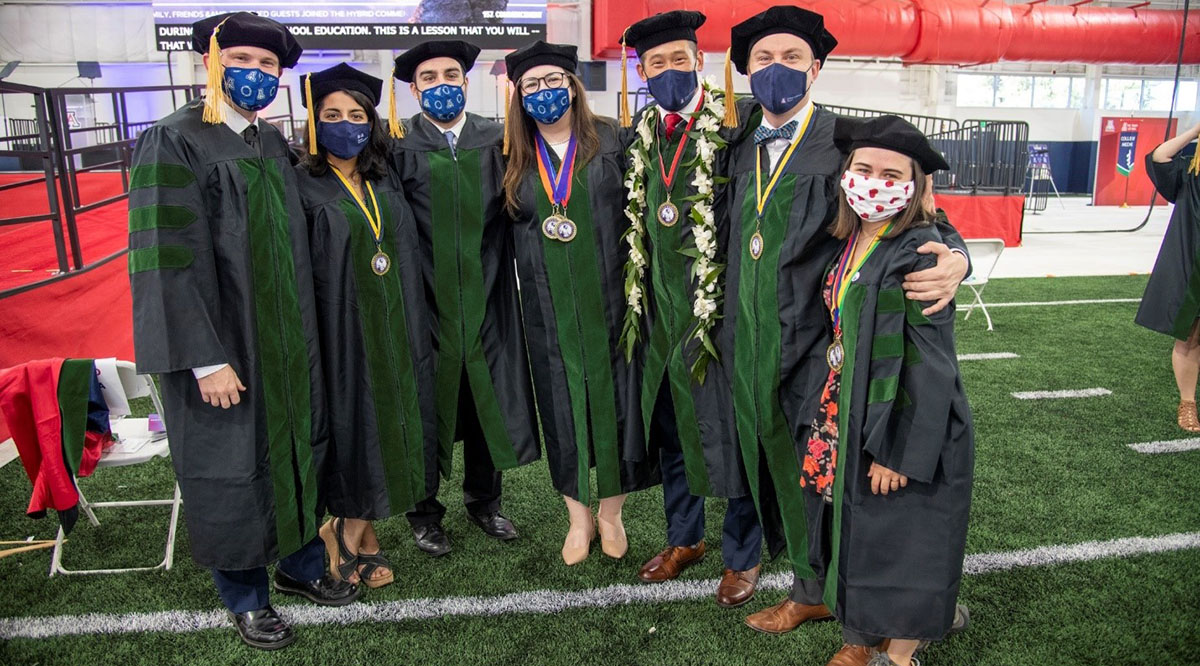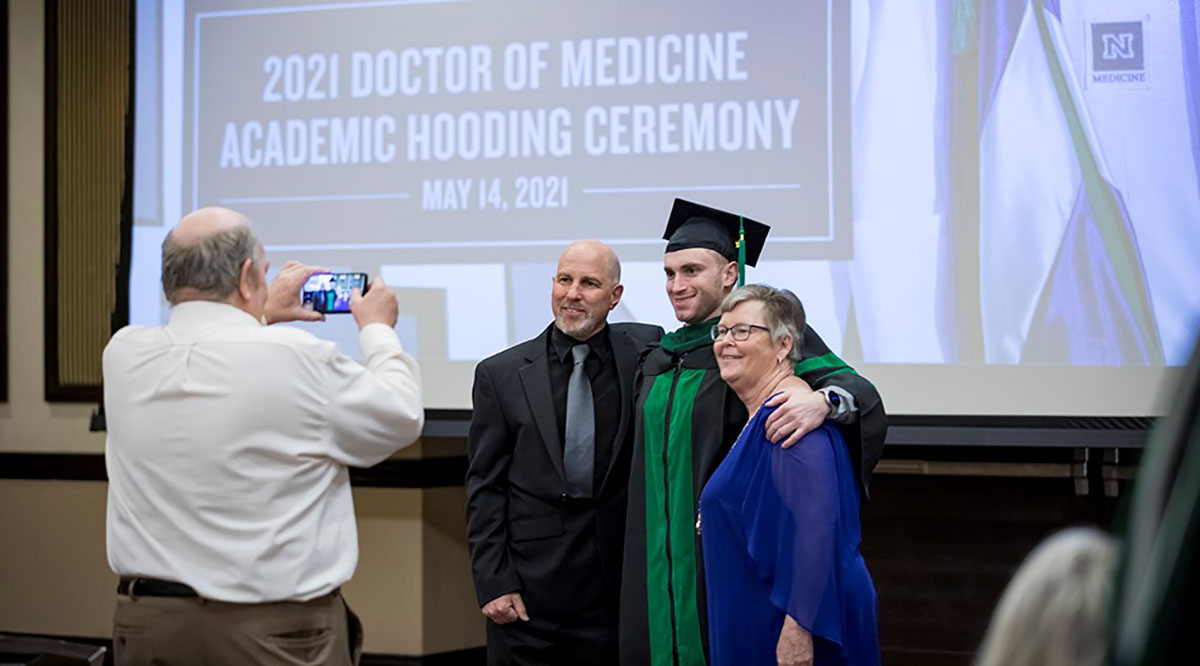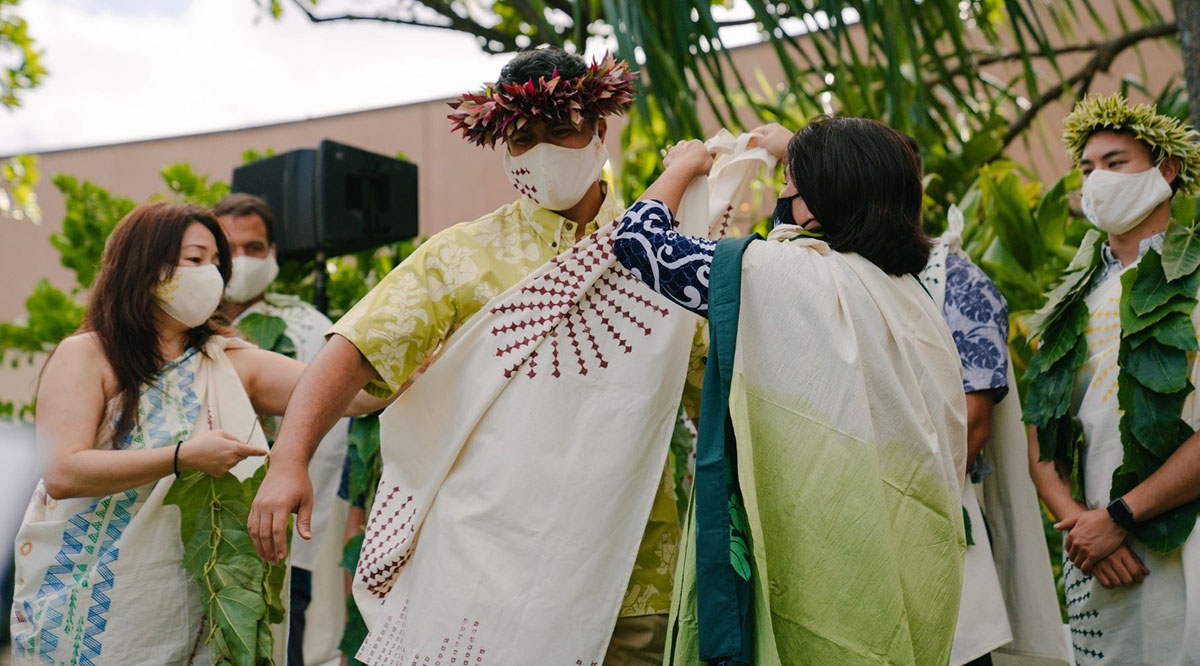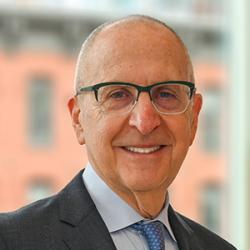
Every year, medical students nationwide go through a rite of passage just as I once did more than 40 years ago, completing their undergraduate medical school work and receiving their MD degrees. And every year, the ritual of a commencement speech is part ceremony, part inspiration — and also part impatience, as graduates are typically eager to move on to the next step in their careers.
But this was not a typical year, and the pomp and circumstance had a markedly different feeling. As medical students gathered across the country this spring to celebrate their graduations — a few in person but many connected only by video camera or drive-through event — there was a feeling of relief and hard-earned achievement, which I felt clearly during the four virtual commencement addresses I delivered this May.
The most obvious impact of the coronavirus in teaching hospitals was on clinical care over the past year, given the need to quickly develop patient care protocols. For this year’s graduating class, the pandemic also brought significant obstacles for students’ learning experiences.
At schools like the Kirk Kerkorian School of Medicine at UNLV, the pandemic limited away rotations, which are essential for gaining experience across specialty fields like radiology. Existing rotations at some schools shifted to virtual learning, meaning students had to conduct patient consultations by telephone without a hands-on exam — such a crucial part of the doctor-patient connection.

Overcoming complications: Becoming “battle born super heroes”
Because these changes have added new stress to the transition to graduate medical education, the AAMC — led by my colleague Alison Whelan, MD, chief academic officer — has joined with several other organizations to develop a toolkit called “Transition in a Time of Disruption.” These resources can help recent medical school graduates and residency program directors identify and mitigate gaps in education and promote well-being during the transition.
At the same time, the class of 2021 has responded with ingenuity and resilience, earning monikers like UNLV’s “Battle Born” class and the University of Hawaii at Manoa John A. Burns School of Medicine’s class of “Super Heroes.” The lessons they learned as they navigated this new territory will serve them — and our health system — well as they enter the next phase of their careers.
Three pandemic lessons with future applications
Faced with unexpected situations, the class of 2021 has internalized three important lessons:
- Medical professionals must focus on people, not just science and disease. When their education was interrupted, this class of graduates strengthened their skills in understanding people from diverse backgrounds. In Hawaii, medical students staffed a clinic for those experiencing homelessness and conducted surveys on the impact of COVID-19 on their community. In Reno, Nevada, students spent time talking with patients by phone after discharge from the hospital.
Focusing on patients’ lived experiences will be especially important as the class of 2021 enters a world where the effects of systemic racism and poverty on health are undeniable. Being able to listen and learn from patients, families, and communities is now a necessary skill.
- Dealing with personal emotions comes with the territory — and help is available. This year’s graduating class is acutely aware of the need to take care of their own well-being and support others when faced with difficult emotions. Students and faculty at the University of Arizona College of Medicine - Tucson gathered virtually to discuss lessons from author Brené Brown, PhD, about fear and being vulnerable. These skills matter in an environment in which new doctors may be treating patients who put off care during the pandemic. Imagine having to tell a patient that their breast cancer has spread, which might have been preventable if care hadn’t been delayed.
- We can always learn and discover more possibilities. There’s a concept from Zen Buddhism called the “Beginner’s Mind.” As the monk Shunryu Suzuki said, “In the Beginner’s Mind, there are many possibilities. In the expert’s mind, there are few.” When the class of 2021 was faced with limits, they looked for possibilities, problem-solving with faculty, staff, administrators, and each other — even teaching faculty members ways to interact online and devising ways to make face shields when needed.
We need that Beginner’s Mind to solve complex problems in the future, with an aging population and the ongoing threat of diseases that can easily jump from animals to humans.

Class of great change agents
Graduating amid a pandemic has set this class up to make a tremendous difference.
As Anthony Fauci, MD, the nation’s chief medical advisor to the president, said in his commencement address to this year’s graduating class at Weill Cornell Medicine-Qatar, “As you move into the next stage of your medical careers, regardless of your medical specialty, now more than ever we will need your talent, your energy, your resolve, and your character to restore and preserve the health of our world.”
That is why I have called on the medical school class of 2021 to become the “class of great change agents.” The world needs this class’s energy and insights, and I believe they have what it takes to create a stronger and more equitable health system for all. Congratulations to this class of change agents!
